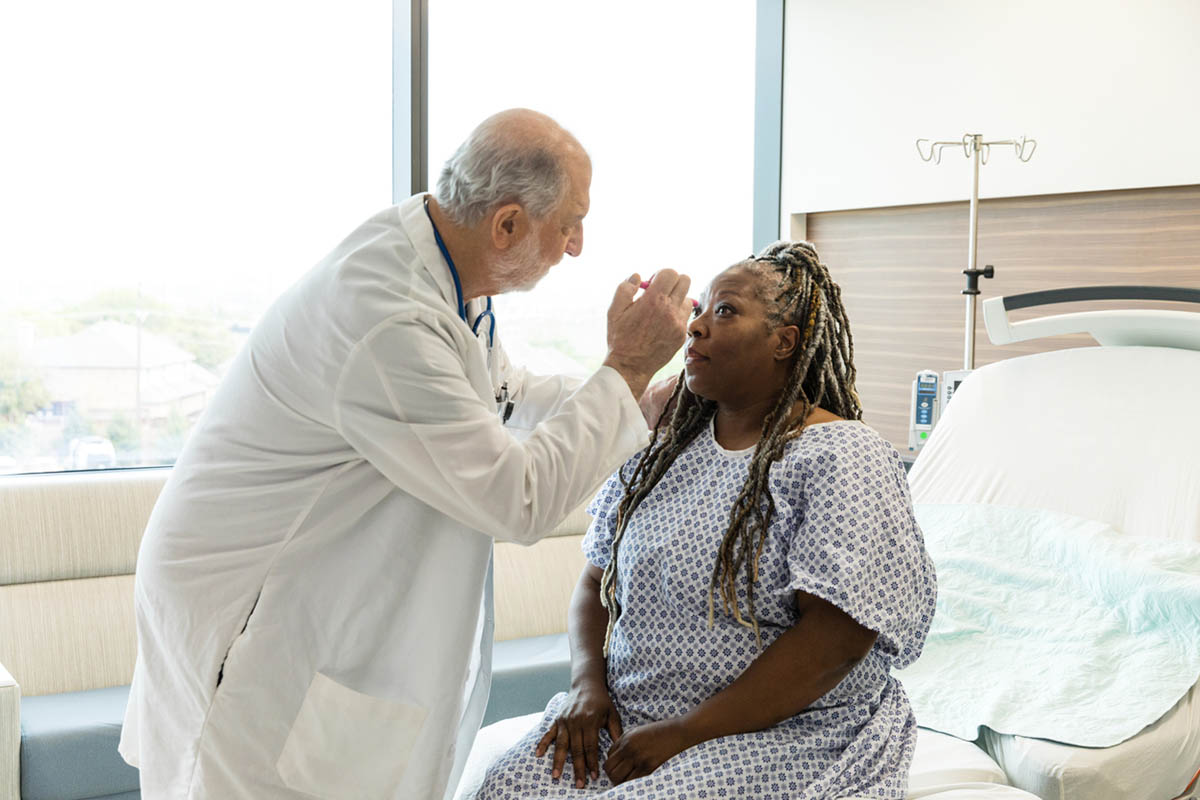Background: Little is known about the impact of female reproductive hormones on the course of bipolar disorder. This study was designed to assess the influence of reproductive events and hormonal therapies on the course of bipolar disorder in women.
Method: Fifty women with DSM-IV bipolar disorder completed a structured clinical interview to assess the impact of reproductive events on the course of their illness.
Results: The onset of bipolar disorder occurred before menarche in 32% (N=16) of women; 18% (N=9) experienced the onset within 1 year of menarche. Most women did not receive an accurate diagnosis of nor treatment for bipolar disorder until after they had children, and therefore the majority were not treated with mood stabilizers during or immediately after pregnancies. Of women with children, 20 (67%) of 30 experienced a postpartum mood episode. Of the women who had postpartum episodes after delivery of a first child, all had episodes after subsequent pregnancies. Having a postpartum mood episode after a first pregnancy significantly increased the risk of a postpartum episode after subsequent deliveries (p=.02). Postpartum episodes were almost exclusively depressive. Increased depressive symptoms during pregnancy were significantly associated with postpartum mood episodes (p=.01). Women who were not using hormone replacement therapy (HRT) were significantly more likely than those who were using HRT to report worsening of symptoms during perimenopause/menopause (p=.02).
Conclusion: These data suggest that hormonal fluctuations are associated with increased risk of affective dysregulation and mood episodes in women with bipolar disorder.
Enjoy this premium PDF as part of your membership benefits!





